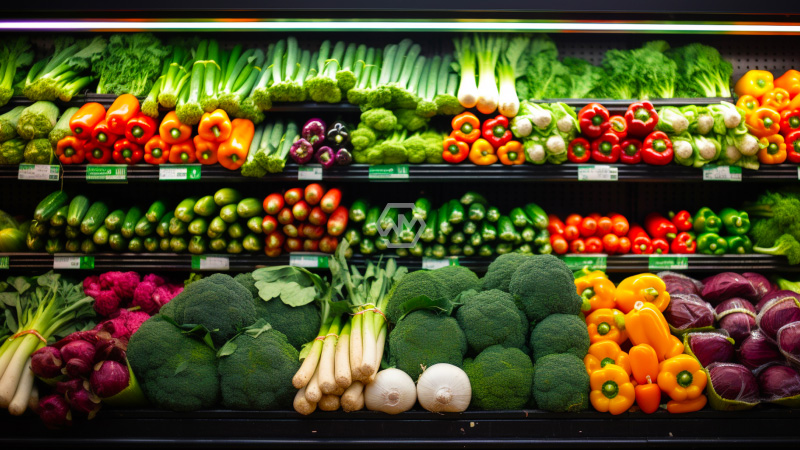- Prices for both crude oil and vegetables are being addressed by the Indian government.
- Government boosted capex in the budget for the current fiscal year by 33% to Rs 10 lakh crore.
- The crude oil price has risen from $70 to $73 per barrel during the budget period to around $85 per barrel currently.
Concerns about escalating prices for both crude oil and vegetables are being addressed by the Indian government. The 6% rainfall deficiency is not anticipated to have an impact on the Kharif sowing, and new crops are anticipated to hit the market the next month, which will help bring the spike in vegetable prices under control.
The rise in crude oil prices is a cause for concern, though. No reduction in excise taxes is anticipated, and the government is increasing infrastructure spending.
Drop in vegetable prices
By the conclusion of the June quarter, the Center had already spent 28% of the budgeted estimates for capex, and by the end of September, this ratio is anticipated to reach 50%.
The government boosted capex in the budget for the current fiscal year by 33% to Rs 10 lakh crore. By releasing reserves of wheat and rice, restricting rice and sugar exports, and permitting imports of pulses and oilseeds, the government has been attempting to fight inflation.
The impact of actions already taken to lower tomato prices is anticipated to become apparent in the coming months. While wholesale price-based inflation remained negative for the fourth consecutive month in July at -1.36%, retail inflation hit a record 15-month high of 7.44%.
The price of crude oil has increased from $70 to $73 per barrel at the time of the budget to approximately $85 per barrel now. Although the rise is concerning, it is still within acceptable bounds and does not yet call for any policy adjustments. The ministry representative added that the government has no immediate plans to lower the excise tax on gasoline or diesel.



